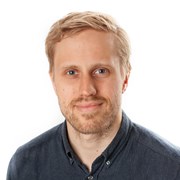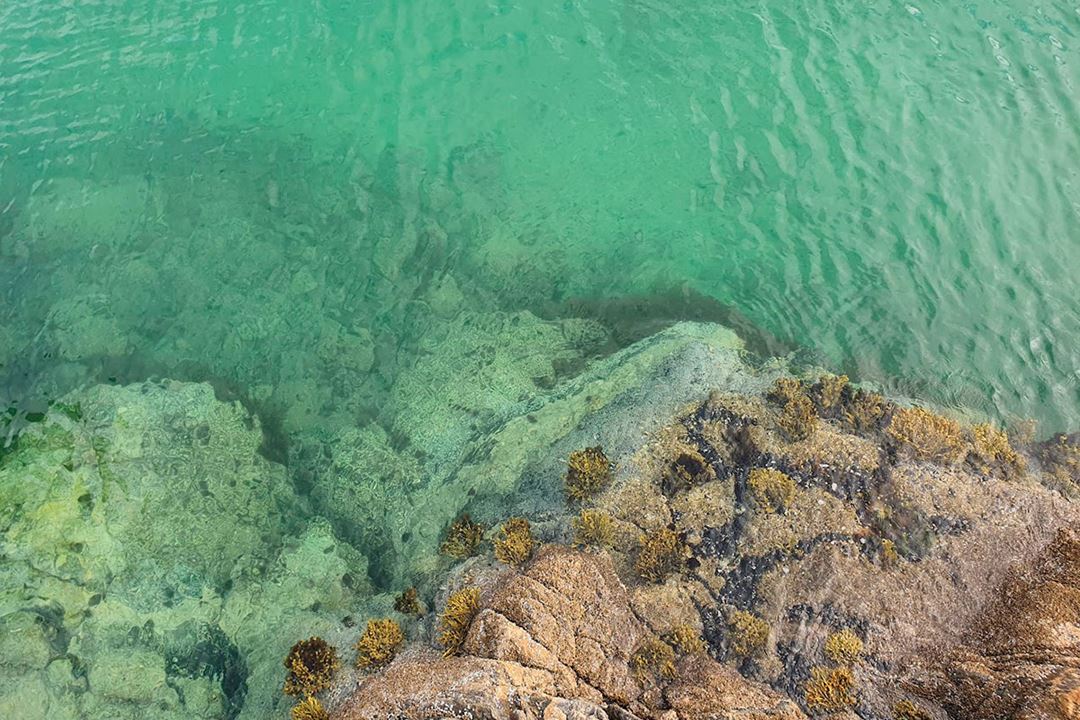Today's global textile and garment industry is characterized by overproduction and little reuse in so-called "fast fashion", accompanied by an increased use of synthetic materials that are non-renewable and contribute to 35% of microplastics pollution in the Oceans, along with toxic and non-degradable dyes. Biobased textiles are today produced from land-based resources which require large amounts of arable land and fresh water resources, and we must now look to the marine environments for more sustainable feedstocks. Macroalgae are fast growing low-trophic organisms found all around the world in wild populations and represent the world's largest aquaculture industry (>35million tons/year). The European seaweed industries, however, make up only 0.8% of the global production and is predominantly from wild harvest, and seaweed cultivation has a large potential for growth. Due to the fast growth, versatile applications, and important ecosystem services of farmed and wild seaweed, expansion of this industry can be a significant contributor to meeting global sustainability targets.
The SeaWeave project will establish new knowledge and develop technologies for the conversion of macroalgae from the Atlantic Ocean and Mediterranean Sea into textile fibers and dyes. The project consortium consists of seven partners from six countries in a highly cross-disciplinary collaboration to develop technology and solve societal challenges along the entire value chain from raw material to products.
SeaWeave will focus on cultivated biomass and other sustainable seaweed feedstocks, and study how the biomass composition and structure is related toits properties for textile applications. We will develop pre-treatment and biorefinery processes to extract and maintain polysaccharides and pigments in an integrated and circular process. Innovative fibers will be developed through functionalization and innovative combination of materials and manufacturing methods, providing functional textiles that can be scaled in an environmentally and economically feasible manner. New fabric prototypes will be developed toward the fashion and furniture industries, as well as functionalized Fibers. Lastly, the project will perform environmental and social assessments along the value chain, to understand the short- and long-term impacts of the developed technology and products, in close collaboration with stakeholders.
SINTEF’s main role in the project SeaWeave will be to work on selection, characterisation and processing of seaweed biomasses, in addition to scale up experiments and functionalize seaweed biopolymers.


